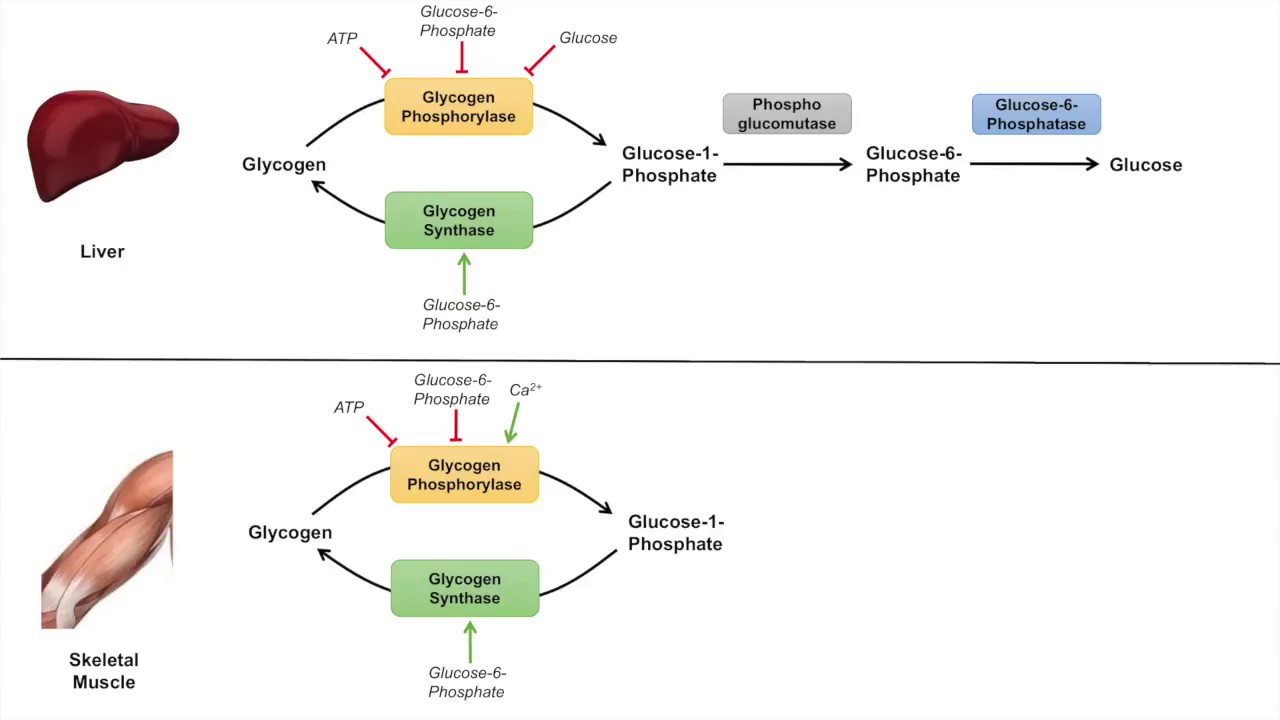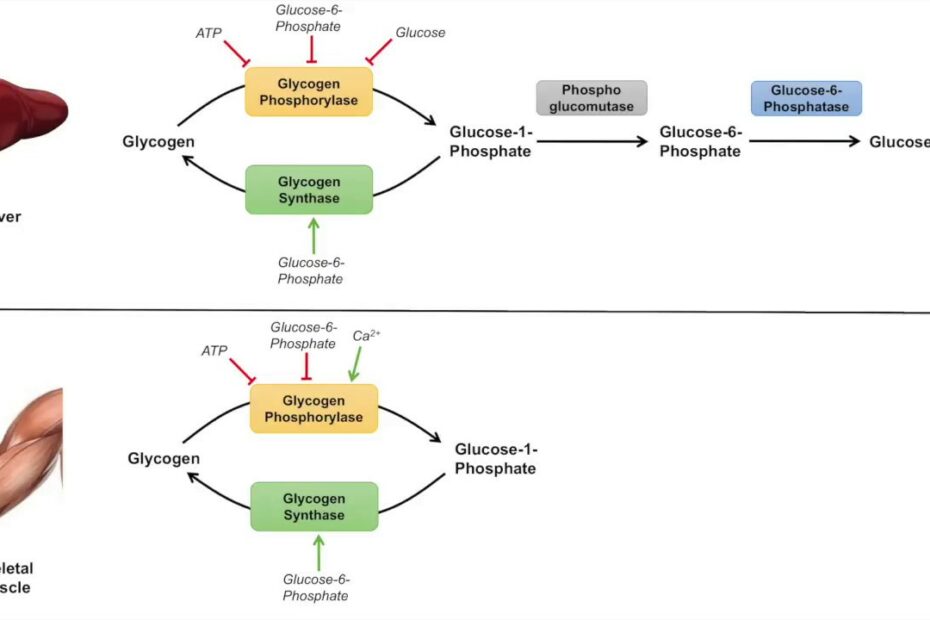Does Glycogenolysis Occur In Muscle? Exploring Muscle Glycogen Breakdown
Glycogen Metabolism | Glycogenolysis | Pathway, Enzymes And Regulation
Keywords searched by users: Does Glycogenolysis occur in muscle where does glycogenolysis occur in the cell, Glycogenesis, Glycogenolysis, where does glycogenesis occur in the cell, Gluconeogenesis, Glycogenesis steps, Glycogen phosphorylase, Gluconeogenesis steps
Does Glycogenesis Occur In Muscle Cells?
Is glycogenesis a process that takes place within muscle cells? Glycogenesis is the biochemical mechanism responsible for creating glycogen, which serves as the principal carbohydrate reservoir in both the liver and muscle cells of animals. This process is initiated when there is an abundance of glucose in the bloodstream, allowing the surplus glucose to be stored within liver and muscle cells for future energy needs.
Does Glycogenolysis Occur In Liver And Muscle?
Glycogenolysis is a crucial metabolic process that takes place in various cell types, including the liver, muscle tissues, and adipose (fat) cells. In the liver, glycogenolysis occurs within the cytoplasm and serves the essential role of regulating blood glucose levels. Specifically, the liver breaks down glycogen to release glucose into the bloodstream, helping to maintain a stable glucose concentration.
Similarly, in muscle cells, glycogenolysis takes place within the cytoplasm and plays a vital role in energy management. Here, glycogen is broken down to provide the energy necessary for muscle contractions during physical activities, ensuring optimal muscle function and performance.
Furthermore, it’s worth noting that adipose tissue, commonly known as fat tissue, also undergoes glycogenolysis, albeit to a lesser extent than the liver and muscle tissues. This process in adipose tissue helps release stored energy when needed, contributing to overall energy balance within the body. In summary, glycogenolysis occurs in liver, muscle, and adipose tissue, each with its unique role in regulating glucose levels and providing energy as required by the body.
Where Does Glycogenolysis Occur?
Glycogenolysis is a crucial metabolic process responsible for breaking down glycogen into glucose when the body needs an energy boost. This process primarily takes place in the liver, where glycogen is stored in large quantities. The liver plays a pivotal role in regulating blood sugar levels, and it responds to hormonal signals, such as glucagon and epinephrine (also known as adrenaline), which trigger glycogenolysis. These hormones are released in response to various physiological cues, like low blood glucose levels or the body’s need for a rapid energy supply during times of stress or physical exertion. In summary, glycogenolysis primarily occurs in the liver and is tightly regulated by hormones like glucagon and epinephrine to maintain the body’s energy balance.
Top 35 Does Glycogenolysis occur in muscle





Categories: Discover 74 Does Glycogenolysis Occur In Muscle
See more here: chinhphucnang.com

Function. Glycogenolysis takes place in the cells of the muscle and liver tissues in response to hormonal and neural signals. In particular, glycogenolysis plays an important role in the fight-or-flight response and the regulation of glucose levels in the blood.glycogenesis, the formation of glycogen, the primary carbohydrate stored in the liver and muscle cells of animals, from glucose. Glycogenesis takes place when blood glucose levels are sufficiently high to allow excess glucose to be stored in liver and muscle cells.Glycogenolysis occurs in the cytoplasm of cells in the liver, muscles, and adipose tissue. The liver breaks down the glycogen to maintain the glucose level in the blood. The muscle cells break down the glycogen to conserve the energy required for the contraction of muscles.
Learn more about the topic Does Glycogenolysis occur in muscle.
- Glycogenolysis – Wikipedia
- Glycogenesis | Definition & Facts – Britannica
- Glycogenolysis: Definition, Steps, Enzymes, Functions, and FAQs
- Glycogenolysis | Glucose Metabolism, Liver Function …
- Adrenaline and glycogenolysis in skeletal muscle during exercise
- Fructose bisphosphatase 2 overexpression increases glucose …
See more: https://chinhphucnang.com/dealbook
